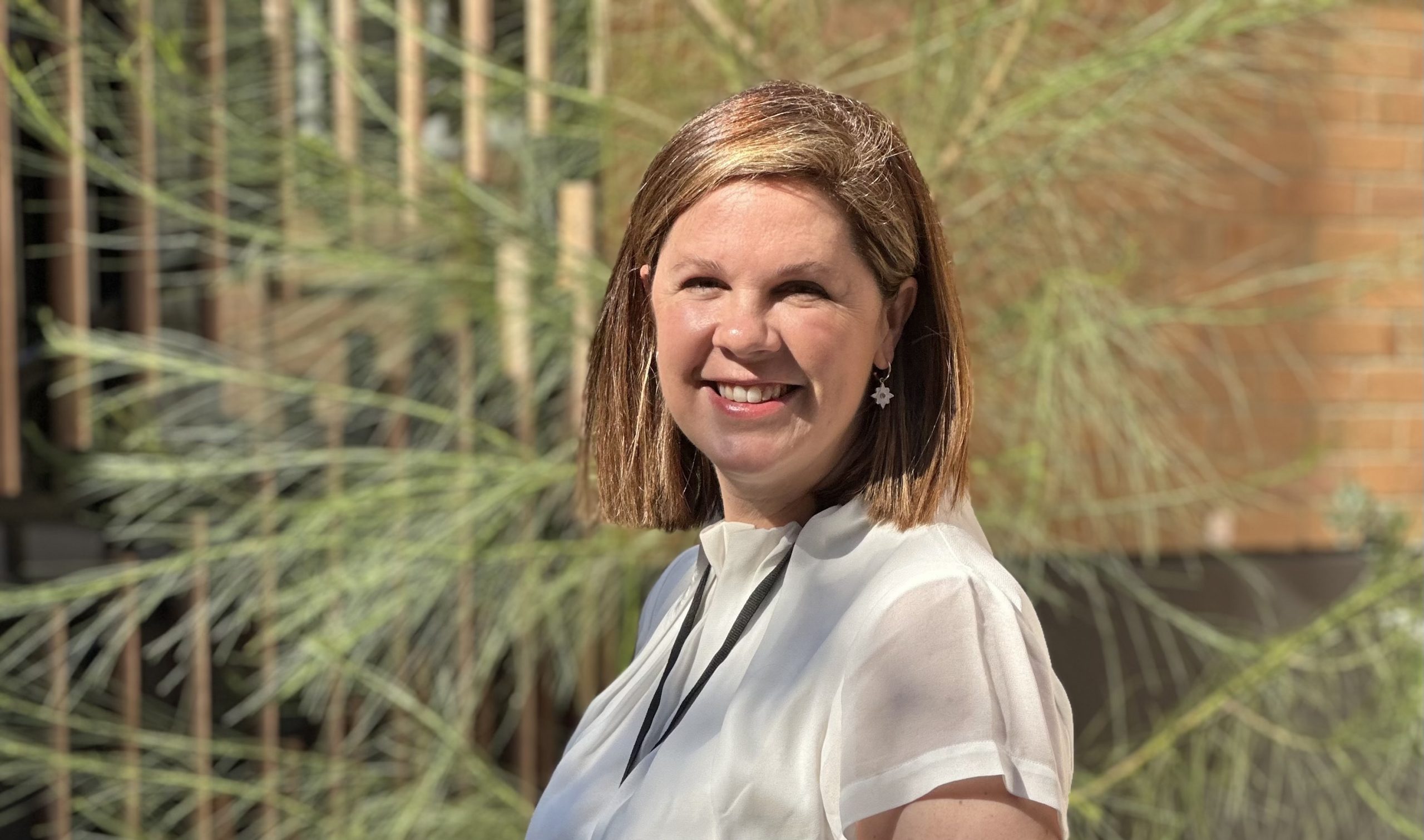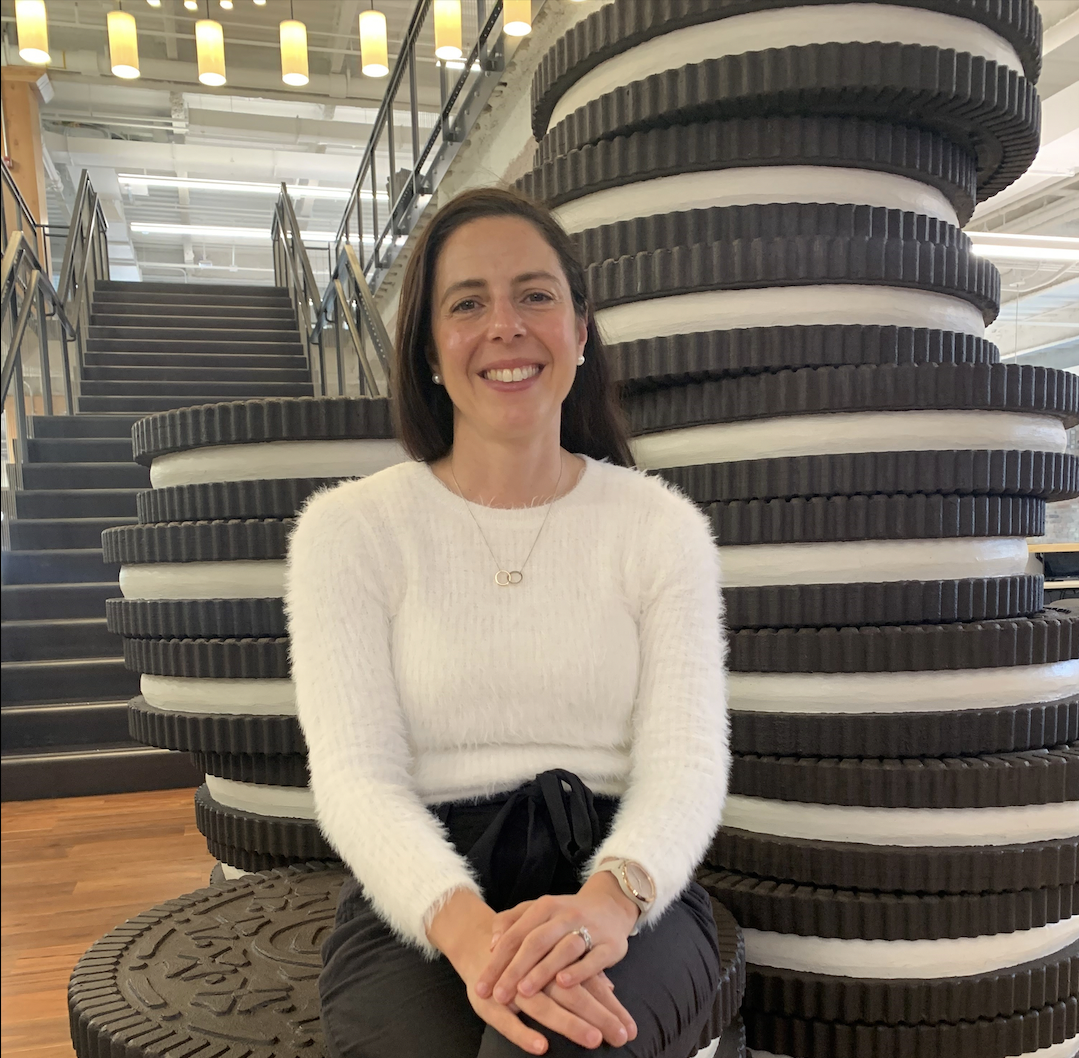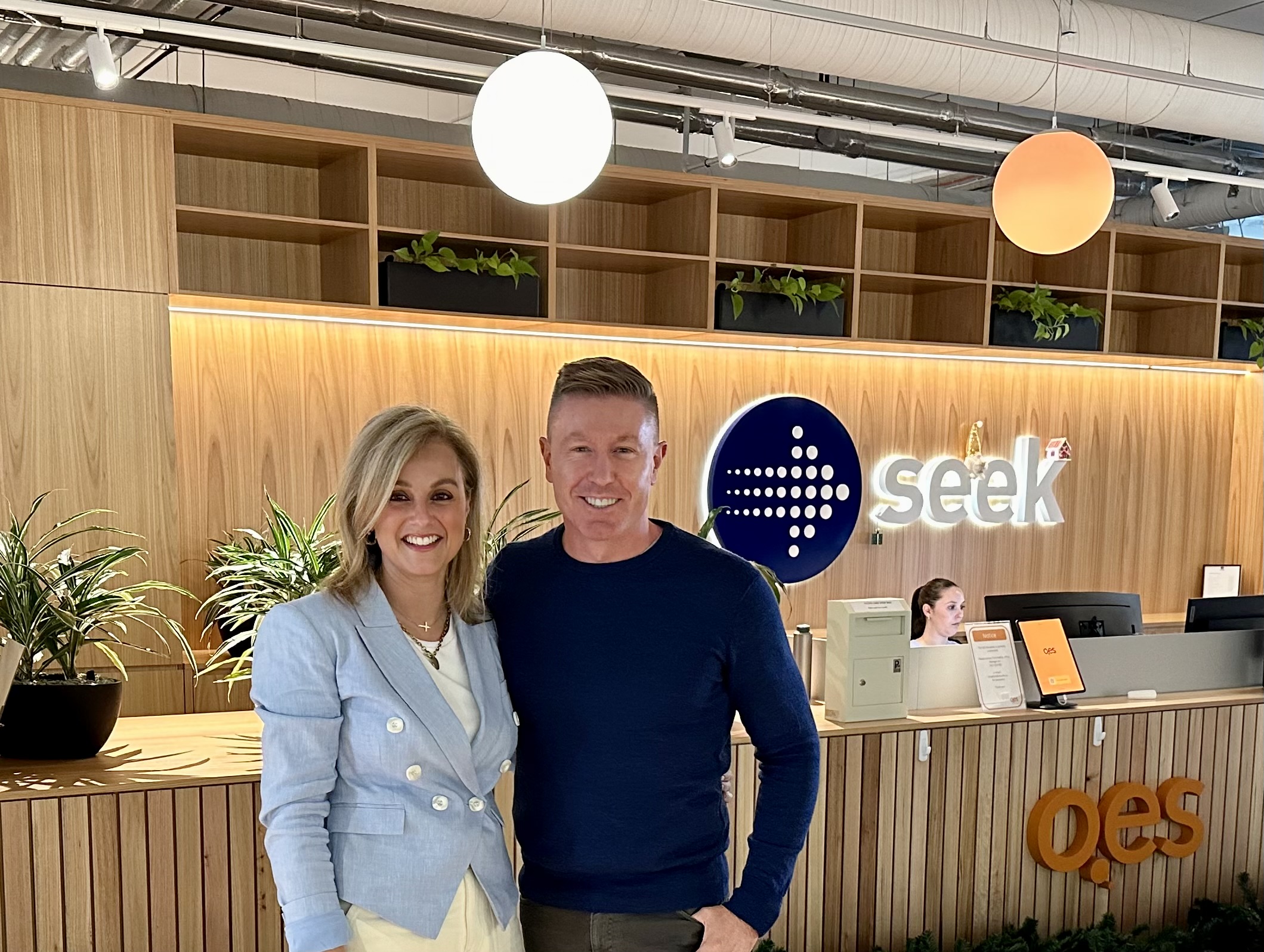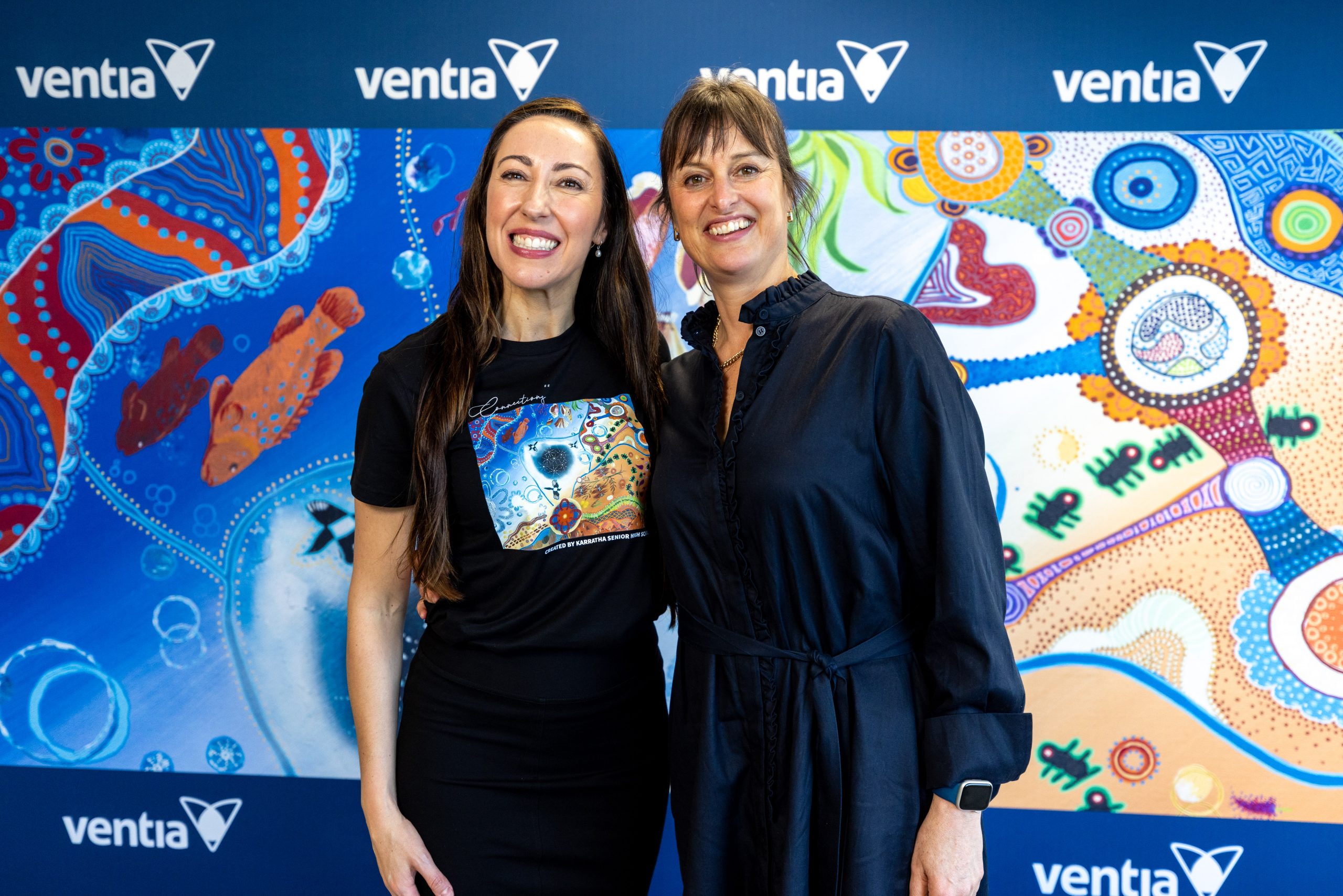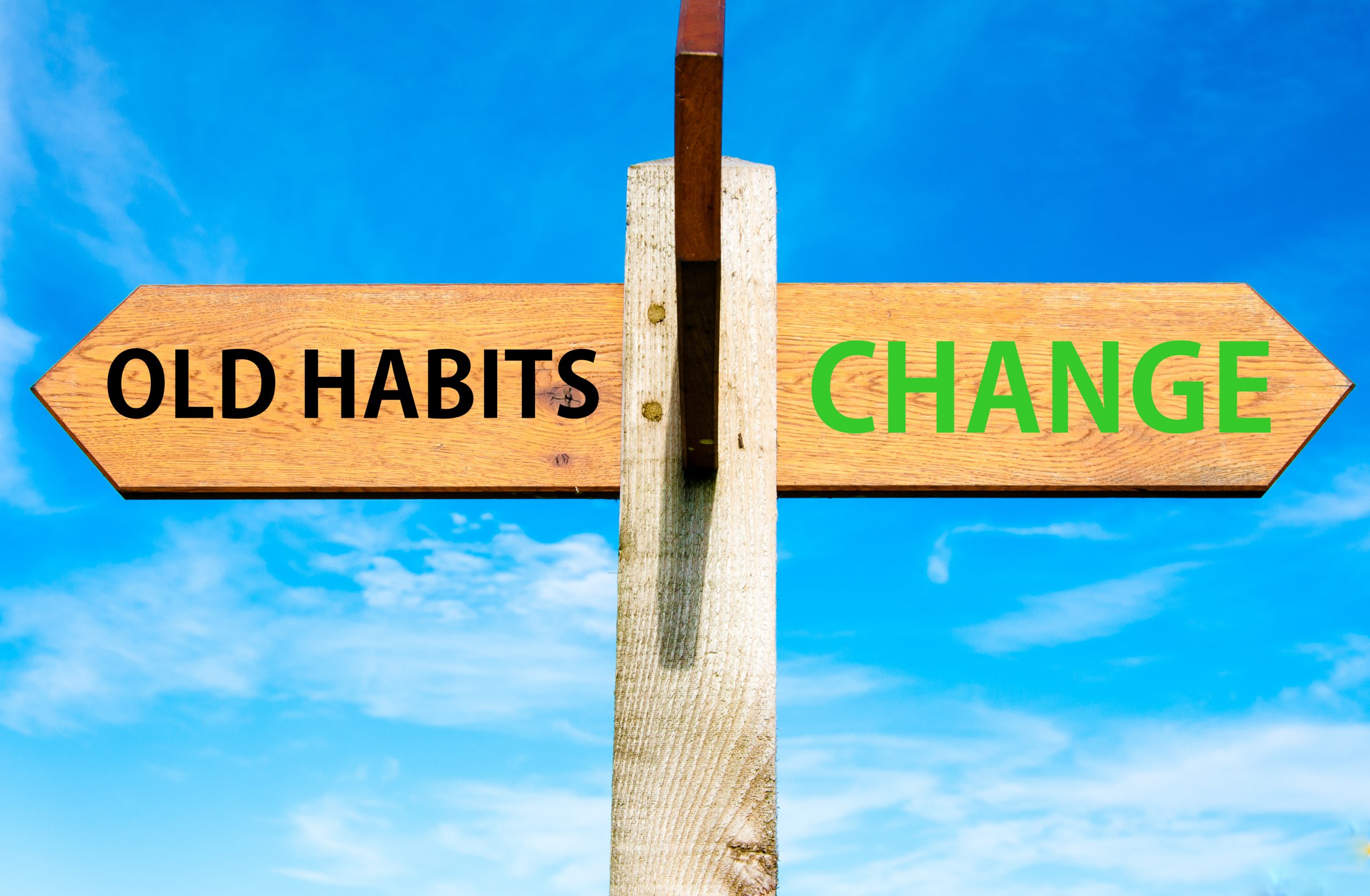Sarah has a natural way of bringing people together and moving projects along. Her strength is in the way she builds relationships with people inside and outside of the business, and now she’s now bringing that to bear at Alfred Health.
For her, human connection is key to good communications, especially in a world where AI is building momentum and changing the way we work. Akin to the brand positioning of Alfred Heath – We’re for Human, Kind – Sarah is certainly one for focusing on storytelling that creates human connection and brings out the best in all of us.
Penny: What prompted you to get into communications?
Sarah: There’s been a journalism and storytelling thread throughout my life from a young age. I used to follow my sister around the house with a tape recorder asking questions and recording stories, which was fun for me and reasonably annoying for her! I’ve always been an avid reader and writer too.
Very early days, I did work experience at The Age, and what can only be described as a revealing couple of weeks at A Current Affair (a news and current affairs program that’s been around since the 70s).
I realised when we were at someone’s home, trying to convince them to share their story, even though they didn’t seem comfortable, that this line of work wasn’t quite right for me. These weren’t the kind of conversations I really wanted to be exploring. That’s when I pivoted and decided on a Bachelor of Arts – mostly literature and French language at Melbourne University – and after that, Public Relations at RMIT. I fell in love with PR pretty quickly and that’s when I knew I was embarking on the right career.
Penny: Where do you find inspiration?
Sarah: I’m inspired by so many things, including nature, music, podcasts, books and people. One of the people who inspires me most is my late grandfather. He was the managing director of a listed company as well as being on a number of boards including Hanover, now called Launch Housing, a community support organisation that aims to end homelessness.
He did a lot of amazing things in his working life, but mostly what I loved about him was how he made me feel when we were together. Being part of a close family, it has always been about what you give, not just about what you can get out of any situation. In the same way, working in comms today, I love my craft but it’s also about the people and my team and prioritising values over achievement. Getting alongside people, helping others grow and making a difference.
Penny: So, how does that play out in your work today?
Sarah: Working at Alfred Health, I’m part of an organisation focused on health equity and providing the best care available for patients when they really need it. That’s something I can really get behind and I’m thoroughly enjoying learning more about the health service, getting to know the people better and working in the organisation, along with all its complexity. I’m blown away by the research side of our work and feel privileged to be part of how we deliver on our 2024-2030 Strategic Plan.
Penny: What do you enjoy about comms and what makes a good practitioner?
Sarah: It comes down to three things: relationships, confidence and technical skills.
My first proper job was at Le Page PR while I was still finalising my degree. I had such a great time there. It really was foundational in understanding the two sides of storytelling: the client’s and the stakeholder’s point of view. One of the key things I learnt to appreciate is at the heart of what we do as comms practitioners: making the complex, simple. We’re like translators, drawing out the information, finding the gems, and turning it into a story that people want to read, want to engage with.
I also spent more than 10 years working at Bunnings, the most trusted brand in Australia (Roy Morgan, 2024) and, fundamentally, a relationship-based business. I had the privilege of working with some fantastic people and was exposed to so many different disciplines beyond PR. Over the decade, I worked across media, issues management and internal communications and ended up being the Head of Community and, as a result, had the opportunity to work with many leaders across the business. I loved the variety, and each of my roles enabled me to strengthen my skills and build greater confidence in dealing with stakeholders across the business.
It was also a good fit for me culturally and I was continually learning; that’s probably why I stayed for so long! I would certainly say to anyone in our profession, make sure you find a culture that sits well with you because everything flows from that.
Penny: What would you tell your younger self? How do you become a trusted comms person?
Sarah: Start by trusting your gut. If you’re in a meeting, or having a conversation, and something feels uncomfortable – say a decision or direction that’s being taken doesn’t feel right – then it probably isn’t right, and you need to respectfully call it out. Speak up. Even if the person is more senior, or a strong leader, it may be a daunting thing to do, but have the confidence to back yourself – that’s something a senior leader at Bunnings taught me early on, and it has stayed with me. That’s our job as comms people – to sense the risk, the potential issues or ethical boundaries, and then help people to manage the best way through them. It’s a unique privilege that not many other teams have the chance to do.
I’d also say, say YES! Say yes to doing things even if you’re not sure what will come of it, or you’re slightly out of your comfort zone. I took a risk saying yes to working in Canada for a couple of years for performance apparel brand, Sugoi, and so many good things flowed from that. I could never have predicted that soon after that I’d be flying to Las Vegas, California and Italy, surrounded by pro-cyclists in lycra at the Duomo in Milan! It was ironic given I’m not the best cyclist, but it was awesome, and it was a great example of just how transferrable comms skills are and the way life can surprise you.
Penny: What’s most challenging in our profession right now?
Sarah: AI is obviously still a big topic of conversation and there’s just so much to learn about how to harness it for maximum gains. At Bunnings I worked on a digital transformation project, so was exposed to the latest thinking on the future of work. I was surprised even back then at what AI could do, and honestly part of it really scared me. The thing I’ve realised is we have to embrace it, as it can be so helpful in cutting out repetitive work and doing some of the heavy lifting, freeing us up to focus on strategy and deep work.
There will always be a place for the human element; comms people’s ability to listen, read the room in the moment and know when to pull back or go further with strategies. That human element is difficult to replace; not just knowing what to do, but how we can make people feel when we’re working with them. AI is definitely there to give us more time to think creatively in our profession. Our environments are so noisy, there’s so much information and diverse opinions, and it’s our role to help people connect with the organisation in meaningful ways. That means leaving your desk and walking the ward in my case and seeing how we partner with patients. And then distilling what people need and want and how that connects to our strategic plan.
Getting the messaging, language and channels working well is another key challenge, because there’s no point just shouting into the void. This is a big challenge for all comms teams, as more often than not people aren’t just sitting at their desks waiting for the message we’re sending. We have to work out how to reach our teams wherever they are.
Penny: What advice would you give other comms people starting out?
Sarah: Firstly, you don’t have to have your career all mapped out and secondly, try not to compare yourself with others; you’ve got to run your own race.
One of the things that has been really impactful on my career as I look back, is that I have built a network I can go to when I need a second opinion. It’s important to look after your relationships. I have many fantastic people in my network, including a lot of incredible comms operators who are generous in sharing their insights and ideas and providing support. I’ve certainly relied on them during key moments of transition. I’m grateful for them and hope to repay the favour wherever I can.
A big thank you to Sarah for taking the time to talk with us. She’s clearly the type of person who will always stop and say hello and make you feel good about yourself, as well as doing whatever it takes to get the job done well.

